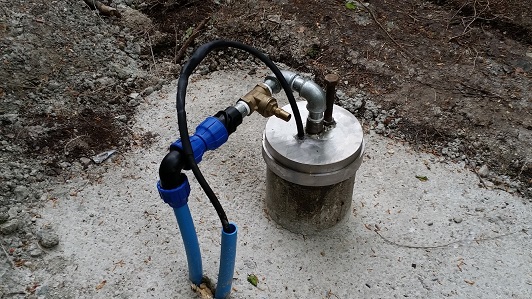News
How Prepared Are You For Water Supply Problems?
With a global expanding population and the pressures of climate change ever-increasingly making their presence felt, businesses would certainly be wise to carry out a risk assessment where their water usage is concerned so they know what to do in the event of supply disruption.
But new research from Water Plus has just revealed that many small businesses around the UK are not prepared for this kind of situation, with just 11 per cent saying they have a plan in place for operating without water.
This is the case despite the fact that 39 per cent of small to medium-sized enterprises experienced a water supply problem in the year leading up to the survey being conducted.
Looking to bigger businesses for inspiration could prove useful, given than 34 per cent of companies above a certain size already have water contingency plans in place.
If supply is interrupted for 24 hours or more, business leaders expect that they would lose a fifth of their firm’s production levels and/or sales – so it’s no surprise, perhaps, that they are implementing measures to minimise the effects of a water supply issue.
“From building to baking, hairdressing to horticulture, water is essential for so many businesses. If the water dries up, your ability to carry on with normal business dries up too!
“Even if it’s just tea and toilets, it’s worth considering if you and your staff could keep up and running. Often, water is overlooked because businesses don’t realise the responsibilities they have,” Water Plus observed.
What can businesses do to protect their operations?
Reducing your reliance on mains water is a big step towards ensuring that if an interruption does occur, it’s not going to have as big an impact on your business operations.
Firstly, consider having an audit of your site carried out so you can see if there are any leaks that need to be repaired. An audit will reveal spikes in usage, which can indicate a leak that might otherwise have gone missed.
You could also benefit from looking into an off grid water supply, which is when you take your own water from underground water sources like aquifers – the same places that water companies source their water from, except they charge you regulated water rates.
Medium or large water users in particular could benefit from going off grid where their water is concerned, such as hotel, pool and leisure complexes, hospitals, manufacturing and production facilities, colleges and so on.
If your site uses more than 30,000 cubic metres of water annually, you might find it particularly beneficial to look into the potential for water supply of this nature. You could find you end up paying for your water at a fraction of what you currently pay your existing water supplier.
